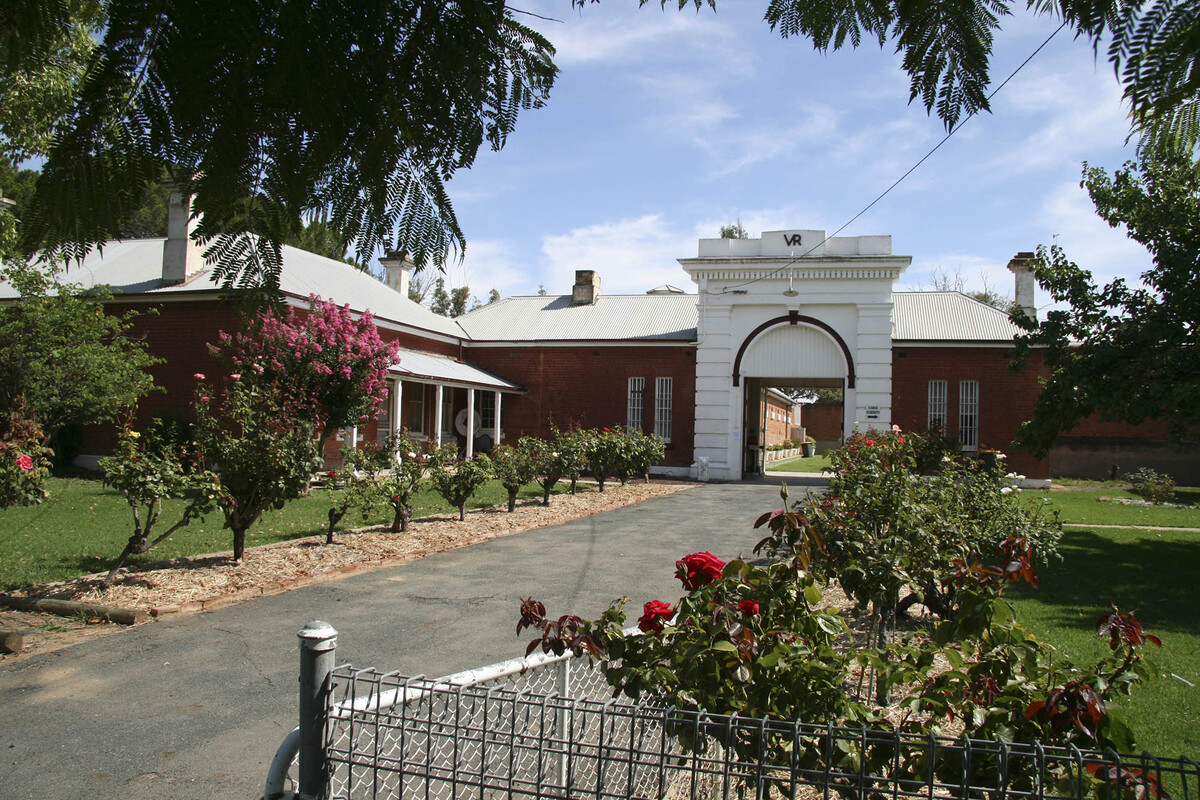It's been ten years since the Royal Commission into Institutions for girls
Kimberly Grabham
14 October 2024, 1:00 AM

You’re huddled into a car, pushed into the seat. The drivers are ones you know, ones from the other place. Devils you know, perpetrators.
The drive is long, bumpy.
No mother, no father there to comfort. Just cold, black night as you are taken to the other place, the one you’ve heard whispers of.
The car stops, you’re hauled out.
Marched into a cold, austere building. Thrown into a cell, with a concrete floor, a bed and little else.
You lie there, scared. Just when you think things could not get worse, here you are, in Hay Institution for Girls.
Ten years after the Royal Commission into the treatment of girls and young women in the facility in Hay and others like it, including the infamous Parramatta home, one cannot help but wonder if justice has been done, if there was something meaningful, something substantial accomplished.
The catalogue of implementations and steps taken by the NSW government reads as quite impressive.
Here are some of the key undertakings:
There has been a memorial at the former Parramatta Girls Home, which acknowledges the abuse and mistreatment of the former residents of this institution.
The Residential Care Workers Register was created, in order to prevent unsuitable people from moving between residential care services.
The facilitation of NSW prescribed bodies to share relevant information about the safety, welfare and wellbeing of a child or young person with more agencies.
Legislation has been changed, after extensive consultation to help improve responses to Aboriginal and Torres Strait Islander children and young people.
Working with the Commonwealth and other state and territory governments to develop Action Plans to implement Safe and Supported: The National Framework for Protecting Australia’s Children 2021-2031, and implementing an NSW Health survivors program for adults.
- Introducing new laws establishing the Child Safe Scheme, a regulatory framework requiring certain NSW child-related organisations to implement the Child Safe Standards.
- Training resources for carers and caseworkers caring for and working with children and young people.
- Boosted protection and support for young people in youth justice centres, such as new information provided about how to make a complaint.
- Developing a framework for preventing and responding to problematic and harmful sexual behaviour in children and young people.
- Improving child safety in schools by working towards strengthening national teacher registration.
The NSW Government’s final progress report is due to be released in December 2022.
Royal Commissions cost money, a lot of it. The Royal Commission into Institutional Responses to Child Sexual Abuse is estimated to have cost half a billion dollars.
Sucha lot of money put into something which needed to be, to find answers, seek truth, and make innocent victims feel heard. Where to go from there though? I am sure we have come far, and many implementations have made substantial impacts.
It can go around in a circle; the issues just keep rolling on. Largely these days, the government tries to keep children with their parents, a noble concept, and a great step forward from the alternative if it were 40 or more years ago.
But the government’s own data show that only 25,899 – less than a quarter – of the 113,668 children who were reported to the NSW Department of Communities and Justice as being at risk of significant harm in 2023 were seen by a case worker.
The government has conceded that the response rates are indicative of staff shortages. There were 256 unfilled case worker positions across the state as of December.
But there were 427 children in high-cost emergency arrangements at the end of March, according to the government.
The government has said these arrangements can cost more than $2 million a year for every child, whereas a child in foster care costs the state at most $74,000 a year.
In a time where half a billion dollars was spent on a Royal Commission, so much light and insight has been shed on issues and hoe to rectify them in this most important area – the welfare of children who are the future of our society, is it wrong to feel as though it is time they got something right?
If you need assistance identifying the right service for you, call the Victims Access Line (VAL) on 1800 633 063 or the Aboriginal Contact Line on 1800 019 123.
People who were in out-of-home care before 1990 can access counselling and a range of other support by calling Wattle Place on 1800 663 884 (free call).
Care Leavers Australasia Network (CLAN) is a national, not-for-profit advocacy organisation for care leavers of all ages. CLAN provide information, advocacy, telephone support, referrals and assistance with reading files. To contact CLAN, call 1800 008 774 (free call) or email [email protected].
Other support services that operate 24/7 include:
Lifeline – 13 11 14
Survivors & Mates Support Network (SAMSN) Helpline – 1800 472 676
Child Protection Helpline – 13 21 11